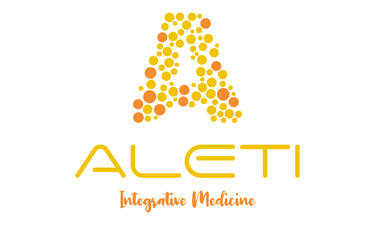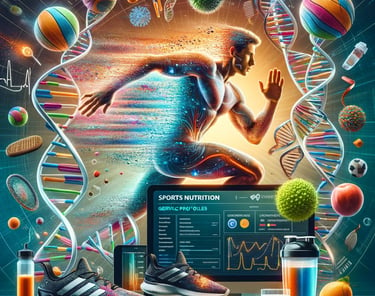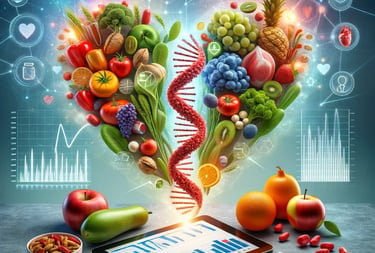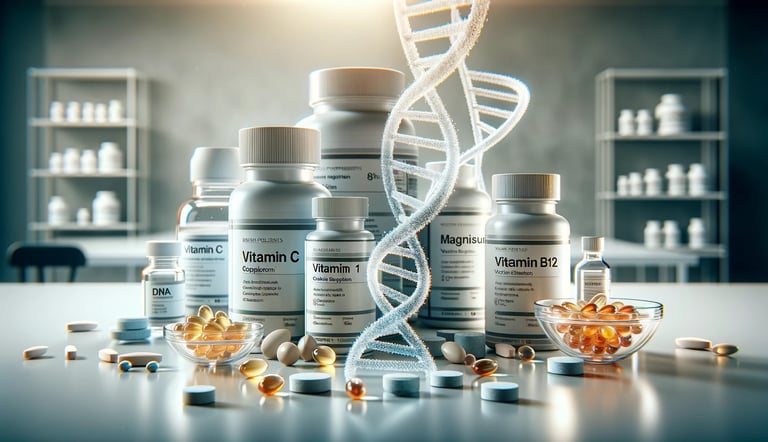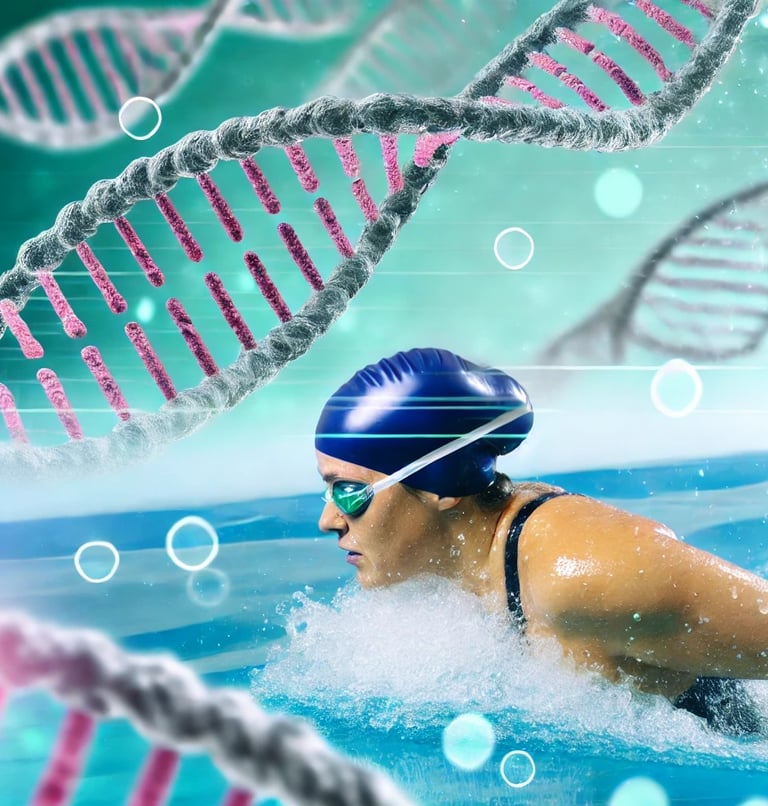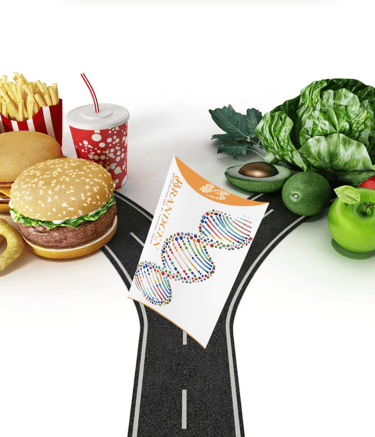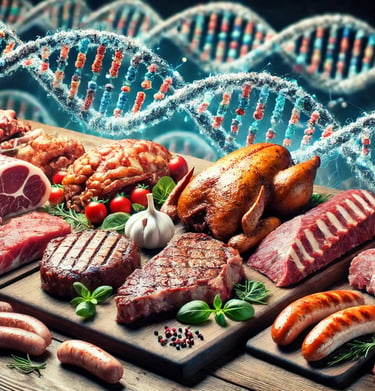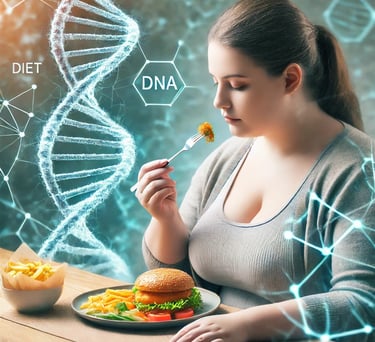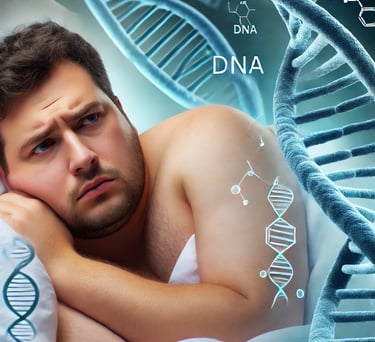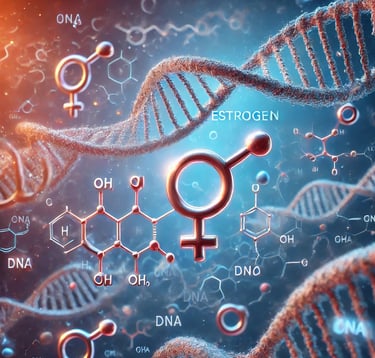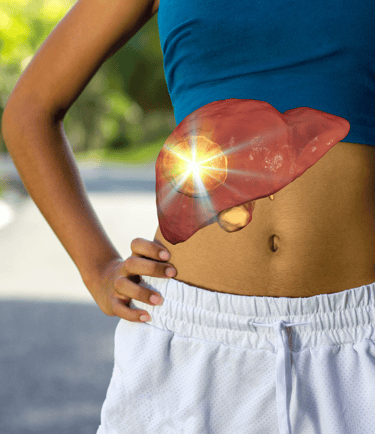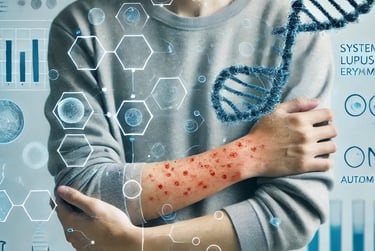ACTIONABLE GENETIC TESTS




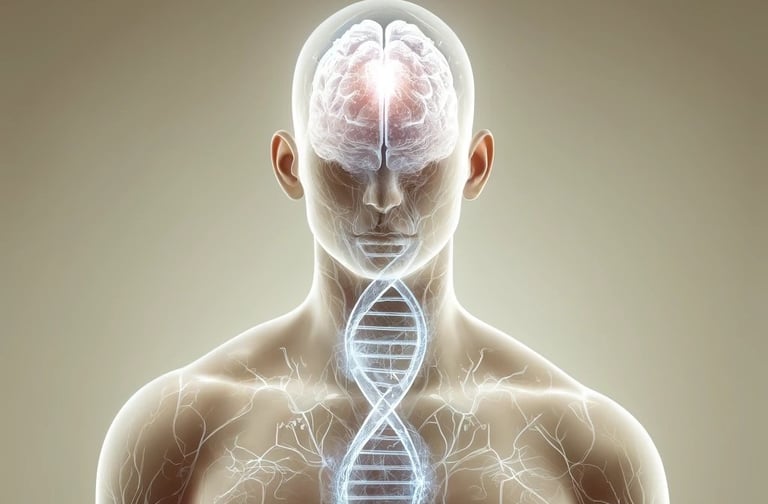

My Sport
Sports performance test
My Diet
Nutrigenetic profile test
My Supplements
Supplements and vitamins test
My Strogen
Estrogen metabolism and hormonal health test
My Detox
Liver detoxification test elimination of toxins and drugs
My Neuro
Neurotransmitter test, brain function and mood


Healthy aging profile.


My Folate
Folate metabolism and cellular health test

My Sport
Each person has unique characteristics, and this is reflected in how we respond to training and nutrition. Although our DNA is mostly similar, small genetic differences determine our individual abilities and needs. By knowing what type of diet and training are most suitable for each one, through a genetic analysis, you can maximize performance and optimize results. With this information, the effort invested in sports practice has a greater probability of success.

My Diet
It is a genetic test that evaluates the nutrigenetic profile allowing to precisely customize the diet according to its metabolism, predisposition to nutritional deficiencies and response to different macronutrients.
It offers recommendations based on individual nutrient absorption capacity, fat and carbohydrate metabolism, sensitivity to certain compounds such as caffeine or salt, and other key factors to optimize nutrition and well-being.

My Supplements
The MySupplements test is used to determine through DNA the effectiveness and benefits
Provided by each of the supplements and vitamins considered according to the Genetics.

My Estrogen
To all professionals interested in the prevention of diseases and conditions related to a hormonal imbalance in both men and women, especially those related to estrogen levels: cancer (estrogen, breast, prostate ...), polycystic ovary, endometriosis, irregular menstruation, premenstrual syndrome, aromatase deficiency, alopecia, prostatic hypertophy, etc.

Know the ability of liver detoxification, our individual genetics affects the way in which toxins and medicines are decomposed and eliminated.
Liver Detoxification Test
MyDetox is specially designed for health professionals who want to understand how their patients metabolize nutrients, drugs and toxins, in order to personalize treatments, nutritional plans and detoxifying strategies.
It analyzes genetic variants associated with the functioning of the main liver enzymes responsible for transforming and eliminating toxins from the body. These enzymes participate in the metabolization of substances such as drugs, environmental pollutants, food additives, hormones and internal metabolism products.
Through the study of key genes involved in phases I, II and intermediate of detoxification, this test allows to identify the individual capacity of the liver to process and eliminate potentially toxic compounds:
Identify possible blockages or slowness in metabolic pathways and Orients to adjust diet, supplements or medications, supporting liver health protocols, longevity, side effect control and personalized medicine


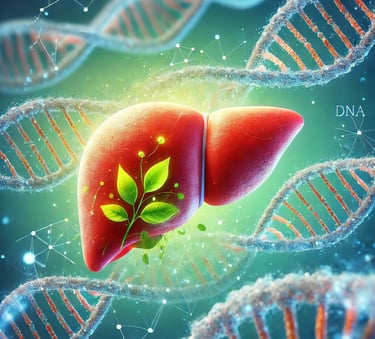

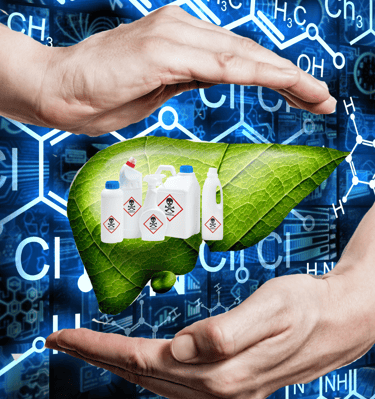


My Neuro


Mental health test
MyNeuro is a genetic test that determines the presence/absence of genetic variants related to biological processes that influence brain function and mood.
MyNeuro helps to better understand mental health, prevent and manage emotional disturbances and control stress.
MyNeuro is a non-invasive test. DNA is obtained from a saliva sample, is completely painless and is suitable for any person of any age.
MyNeuro is performed once in a lifetime, genetics does not change.
MyNeuro analyses genetic markers with the highest level of scientific evidence.
Innovative technology that offers greater accuracy and depth of results.
Once the sample has been received in the laboratory, you will receive your results within a maximum of 20 days.
Who is MyNeuro aimed at?
All professionals who wish to improve the mental health of their patients, help them to prevent and manage emotional disturbances, stress control…
OPTIMISE AND PERSONALISE YOUR TREATMENTS THROUGH GENETICS.
BUILDING HEALTHY MENTAL HABITS
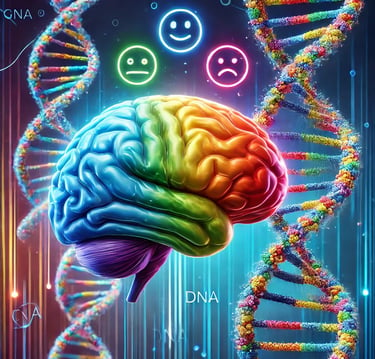


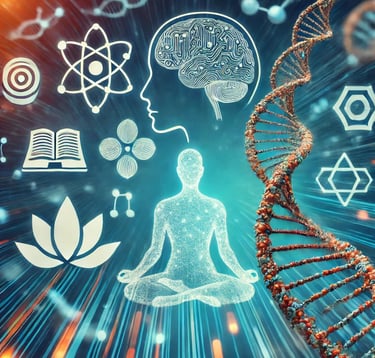

What is MyNeuro for?
The MyNeuro test determines the presence/absence of genetic variants related to biological processes that influence brain function and mood. This genetic information allows us to know the predisposition of an individual to develop:
Alterations in behavioural regulation
Addictive behaviours
Alterations in emotional homeostasis
Neuroinflammation
My Healthy Aging Profile


Genetic test that determines the presence/absence of genetic variants related to biological processes that influence aging.
Non-invasive test. DNA is obtained from a saliva sample, in a completely painless way and is suitable for any person and age.
It is done once in a lifetime, genetics do not change.
Analyze genetic markers with scientific validity.
Innovative technology that offers greater precision and depth in results.
Once the sample is received at the laboratory, you will have your results within a maximum period of 20 days.
Who is Aging Profile at?
To those professionals who want to know their patients' predisposition to different conditions associated with aging, with the aim of establishing healthy strategies that improve their quality of life.
OPTIMIZE AND PERSONALIZE YOUR HABITS THROUGH GENETICS
The test to know the healthy aging profile evaluates the genetic markers related to the aging process. The following processes are taken into account:
Metabolic syndrome
Visceral Fat
Liver detoxification
Oxidative stress and antioxidant capacity
Dopamine, Serotonin and GABA
Inflammation
Telomere shortening
Neoplasms
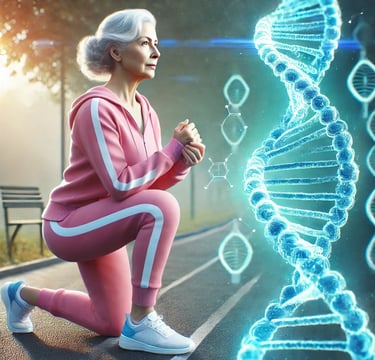




What is it for?
This test allows us to determine, through DNA, different crucial conditions for healthy aging, so that strategies and habits appropriate to the needs of the individual can be established to have a good quality of life over time.
Aging processes
This test analyzes the genetic variants associated with the following processes:
Metabolic Syndrome: a set of risk factors that increase the probability of developing cardiovascular diseases and diabetes.
Visceral Fat: genetic variants that predispose to storing visceral fat in the abdomen, in turn associated with a greater risk of metabolic diseases.
Liver detoxification: process by which the liver neutralizes and eliminates toxins from the body.
Oxidative Stress and Antioxidant Capacity: Imbalance between the production of free radicals and the body's ability to neutralize them with antioxidants, which can cause cellular damage.
Dopamine, Serotonin and GABA: key neurotransmitters that regulate mood, anxiety and general well-being.
Inflammation: The body's immune response to infection or injury, which can become chronic and contribute to various diseases.
Telomere shortening: The process of wearing down telomeres, protective structures at the ends of chromosomes, which is associated with aging and disease risk.
Neoplasms: abnormal growth of cells that can result in benign or malignant tumors.
